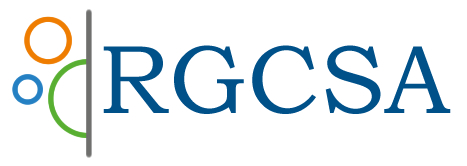Author: Anna Marie Roos
Abstract: Between 1691 and 1711, London “coffeehouse” newspapers devoted to a “question-and-answer” format, such as the Athenian Mercury (1691-1697) and the British Apollo (1708-1711), employed anonymous experts to answer readers’ questions and impart simplified knowledge about natural philosophy and phenomena. At the same time, they marketed a “culture of civility” to non-elite individuals, which included encouraging gentlemanly curiosity about the natural world. Not only did the Mercury and Apollo’s editors spend a good deal of effort convincing their audiences they were credible sources of knowledge, an authoritative virtual “academy” of experts, but audience responses can be assessed in the running “conversations” of questions and answers. These papers therefore may be utilized as gauges of public attitudes towards particular topics in natural philosophy, such as astrology, and to what extent astrology was considered a legitimate subfield within “scientific” studies in the early modern period. Both the Mercury and Apollo also served an expressly didactic function, wittily illustrating to their less-informed readers which scientific theories were currently fashionable, and which ideas were the provinces of only “vulgar beliefs”; a comparison of the two papers is a measure of the progressive vulgarization of belief in astrology between 1690 and 1711. Although previous scholars were correct in their claim that many elite natural philosophers largely disavowed astrology (both natural and judicial) by the first decade of the eighteenth century, among the literate cits of London who were largely the audience of the Mercury and Apollo, the legitimacy of astrology was still a matter of active debate.
Keywords: Mercury, Apollo, academy, beliefs, natural and judicial astrology, philosophy
Notes:
Publication: Astrology and the Academy: papers from the inaugural conference of the Sophia Centre
Issue:
Dated: 2004
Pages: 131 – 146
Astrology, the Academy and the Early Modern English Newspaper
Posted in Free Research Abstract
